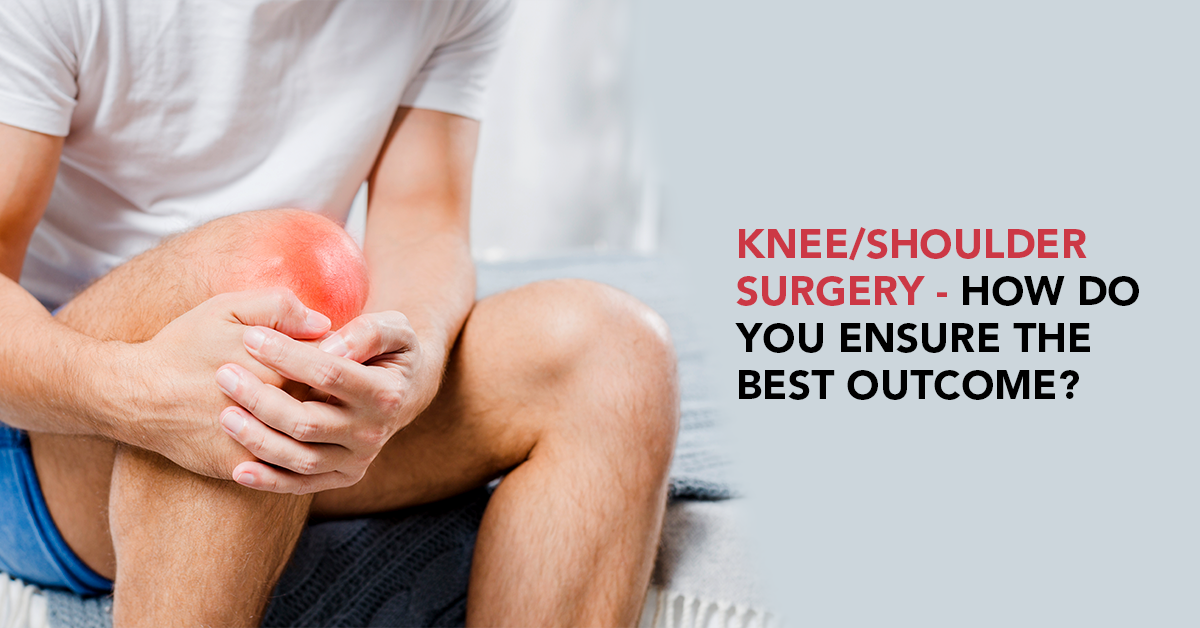You’re probably first asking yourself – do you even need invasive treatment? If you’ve been recommended to undergo knee/shoulder surgery, your immediate (logical) reaction would be to get a second opinion from another doctor, and rightly so. Some tell-tale symptoms – like pain that lasts months despite medication, physiotherapy and other treatments, pain/unsteadiness that prevents you from carrying out daily activities – could indicate the need for corrective surgery. However, while getting a second opinion from a doctor is common knowledge, where they often make a mistake is in underestimating the importance of the imaging scan (X-ray/MRI/CT) done before the surgery. In fact, the quality of the scan dramatically impacts the diagnosis and the outcome of the surgery. In this blog, we caught up with Dr. Shailendra Walunj, Star Imaging’s radiologist, to understand why this often-overlooked component plays such a decisive role.
How does a hi-resolution scan help – can you give us an example?
Dr. Walunj: “A hi-resolution image, like the one produced by our advanced 3 Tesla MRI, helps outline bone, ligament and other soft tissue structures more clearly, enabling radiologists and doctors to pinpoint the problem better. To give you an example, imagine if someone suffers an Anterior Crucial Ligament (ACL) tear in their knee – one of the most common knee injuries amongst sports people. In this case, most scans will diagnose the problem correctly as an ACL tear – however, that may not always be enough. Helping the surgeon understand which component of ACL (antero medial band or posterolateral band) is torn, the grade of the tear, and which attachment is torn, can ensure much better surgical decision and outcomes, with a more lasting treatment. This is where the 3T MRI and other hi-resolution scans play a differentiating role – the quality and clarity of these scans can help us understand where the problem lies exactly.”
But it’s not just the machine – the radiologists too play a crucial role, right?
Dr. Walunj: “Yes, absolutely! Let’s again take the above example as a case in point – Most often, when the ACL is injured, there would be some trauma to the postero-lateral corner structures. If there is, and the surgery doesn’t stabilize this section because the scan failed to highlight it, or the radiologist failed to address this piece of information, the person would have an unsteady knee even after corrective surgery. The result? A huge loss of time, energy and effort, not to mention the sheer frustration, pain and agony the patient is put through. Picking up on every tiny detail, like small but critical stabilising structures, is part of the radiologist’s responsibilities. However, we’ve observed that it takes a radiologist specialized in MSK (musculoskeletal) to accurately identify and interpret this section. This is one of the reasons we focus on hiring specialized, trained radiologists at Star Imaging. Our MSK imaging specialists always report these often-overlooked details, like postero lateral structures, calling them out even if they are normal. In fact, only an MSK radiologist with considerable experience can report a pattern-based injury. This provides the surgeon with a clear, detailed view of the scope and root of the problem, enabling a more successful operation. With new advances in radiology and imaging, treatment options now focus on minimally invasive or non-invasive treatment options.
Think of it like the difference between painting over a water stain on the wall, only to have it come back again – and actually digging deeper to understand the real cause and extent of the problem, and then taking lasting, corrective measures. Smart patients will always choose the latter!”
